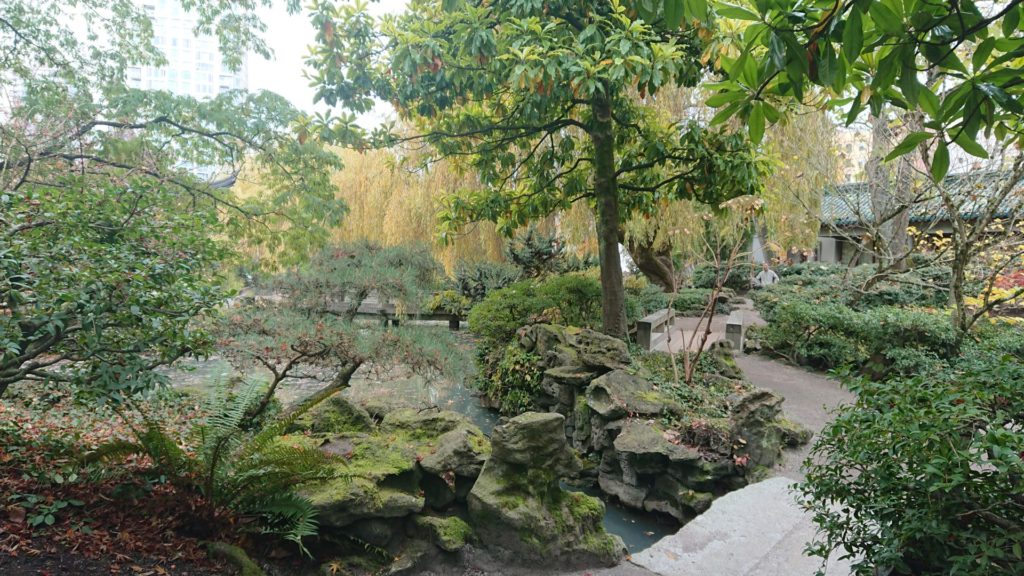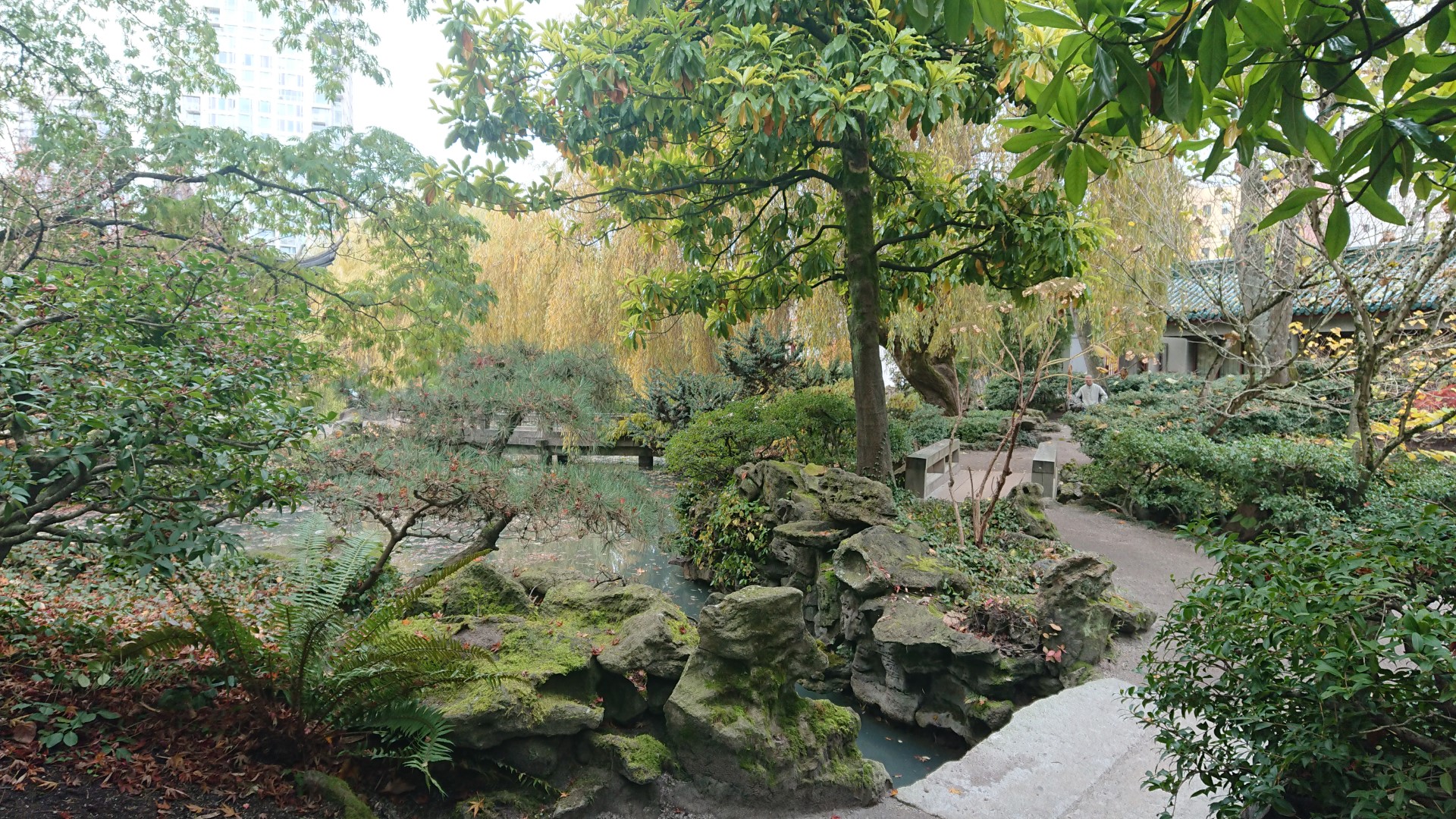
Updates and after-effects of the latest otter-koi saga
By EG Manilag, Staff Writer
A year ago the Dr. Sun Yat-Sen garden pond in Chinatown, Vancouver, was closed for a week due to a hungry river otter that killed 11 large koi, including a 50-year old one. After the incident, the otter was never found again. The remaining koi were then relocated into the Vancouver Aquarium for safekeeping. Six months later, the remaining koi—together with 344 new baby koi—were returned and the pond was “otter-proofed.” The pond had live traps, gate barriers, and grates in underground pipes installed. However, this year on November 2, another otter managed to get inside the garden and eat six koi.
Numerous theories were brought up as to how the elusive otter evaded all the traps and barriers set up. According to Howard Normann, Vancouver Parks Director, the pond was already fully secured—it’s a mystery how the sneaky creature got in.
“We know for a fact there’s no entrance points like a sewer or water line or drainage line into the garden that isn’t sealed,” he said. “I’m assuming it either climbed over the gate, or somebody left it ajar and it just managed to get in.”
Otter expert, Dave Rosen from Vancouver Aquarium, also said that otters are skilled when it comes to hunting their prey—making them difficult to catch.
“It is very difficult to keep an otter out or into something where it doesn’t want to be. They are good climbers. They can go through drains. They can fit through small spaces,” he said.
According to The Star, wildlife experts say the otter in question is the same one from last year’s koi chaos. This trouble-making otter is a Northern River Otter. This species usually spends their time living and hunting alone, but they can form groups like most other species do. Compared to sea otters, who usually spend their time in saltwater and rarely on land, river otters frequently venture on land. They are mostly found here in Canada and the US. According to a Vancouver Park Board biologist, Nick Page, there could be 15 to 30 river otters in the Lower Mainland.
Now with koi, they are no doubt one of the most expensive pet fishes in the world. According to Business Insider, a koi fish, who won the All Japan Koi Show in 2017, was sold at $1.8 million—the most expensive koi fish ever sold. Altogether, the otter had slain 17 large koi. Those koi may or may not be in line with the expensive show-quality breed, but considering their size and age, this otter has cost the garden a pretty penny.
This news went viral last year, with people taking sides as #TeamKoi or #TeamOtter. On Twitter, a parody account by Team Otter (@ChinatownOtter) has now gained more than 2,600 followers, and the newly created Team Koi account (@ChinatownKoi) has over 220 followers. A local non-profit organization also initiated an event where they sold Team Koi and Team Otter buttons for $2 each. According to Daily Hive, the proceeds were initially planned to be donated to the garden pond to compensate for the loss, but the staff there have refused, and want the money to be given to a wildlife preservation organization instead. Now, t-shirts and mugs are being sold online.
The division of this showdown served to spark cultural awareness of the Chinese. The koi in Chinese culture symbolizes good fortune, prosperity, perseverance, and longevity. The death of those koi, according to Chinese communities, may mean a loss of an important cultural symbol in Chinatown.
One musician was inspired by this saga to compose a Chinese rock opera. Shon Wong, who wrote an opera called “Tale of the Eastside Lantern,” believed that this event was the perfect metaphor for his next opera.
“The koi fish represents the traditions of the Chinese, and the past, and the history,” he said. “The otter kind of represents the gentrification of Chinatown, which is happening right now with a lot of redevelopment.”


